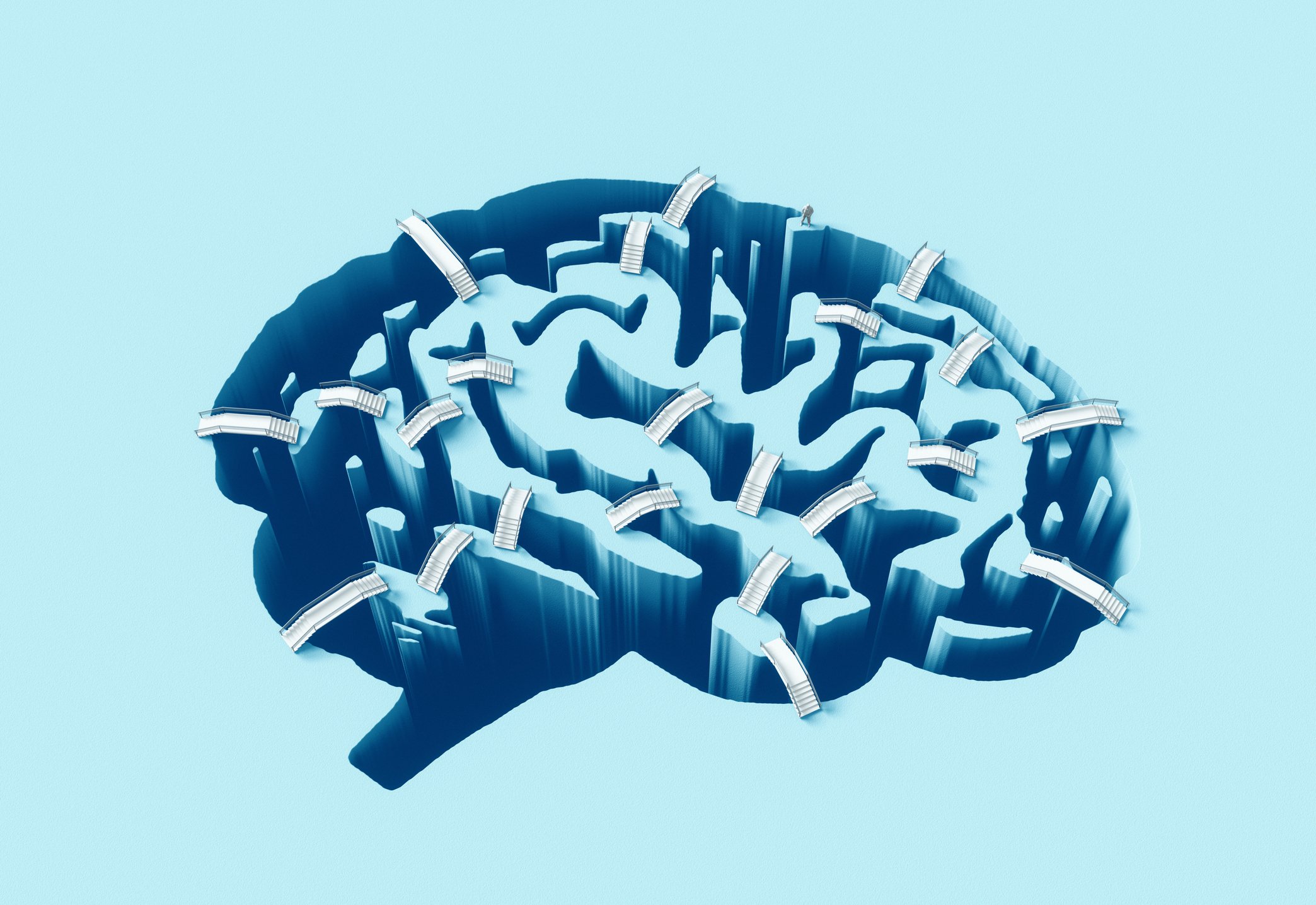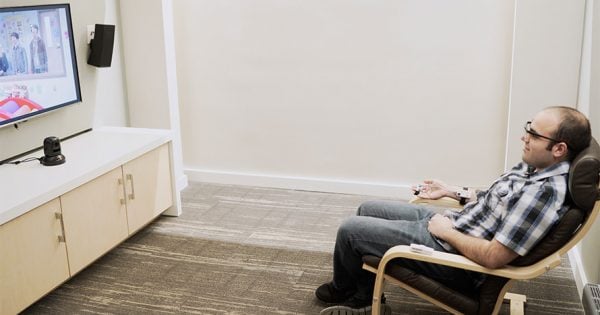- Joined
- Jan 20, 2018
- Messages
- 77
- Reaction score
- 46
As NP trainee, I'm all for efficiency and using technology for our assessments - if they're reliable and valid.

 braincheck.com
braincheck.com
..however, it's concerning that programs like Braincheck don't seem to have any neuropsychologists or psychologists on their team. Also, while I didn't yet read any of the research articles, a listserv commenter stated: "The study declaring it "comparable" to traditional paper and pencil tests had an N of 27, and an age range of 12 to 88, so not compelling."
Frankly, I'm concerned about potential job loss (and I haven't even made it to internship yet), being up against invalid measures that were created by people without intimate knowledge of the field.

 techcrunch.com
techcrunch.com
^and they're being funded by lots of people with $$$ who also do not understand our field. I'm wondering others' thoughts, on whether we should be concerned that companies/programs like this will soon dominate and maybe even completely overtake our profession? I can see that neurologists may be attracted to the efficiency and ease of such programs.

Cognitive Health Platform for Everyday Clinical Use | BrainCheck
BrainCheck's reimburseable digital cognitive health platform helps physicians and other providers identify dementia and cognitive impairment
..however, it's concerning that programs like Braincheck don't seem to have any neuropsychologists or psychologists on their team. Also, while I didn't yet read any of the research articles, a listserv commenter stated: "The study declaring it "comparable" to traditional paper and pencil tests had an N of 27, and an age range of 12 to 88, so not compelling."
Frankly, I'm concerned about potential job loss (and I haven't even made it to internship yet), being up against invalid measures that were created by people without intimate knowledge of the field.

BrainCheck brings in another $10M to detect, manage cognitive impairment | TechCrunch
BrainCheck has several new initiatives in the works to close the loop with the patient journey that will be brought to market soon.
^and they're being funded by lots of people with $$$ who also do not understand our field. I'm wondering others' thoughts, on whether we should be concerned that companies/programs like this will soon dominate and maybe even completely overtake our profession? I can see that neurologists may be attracted to the efficiency and ease of such programs.






